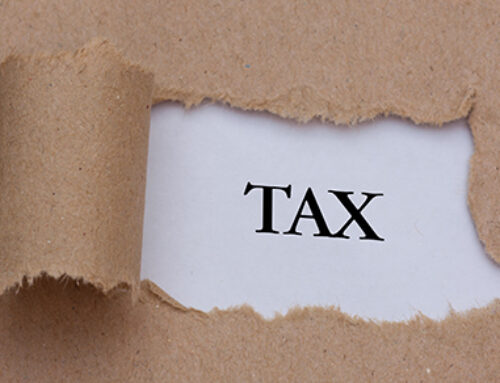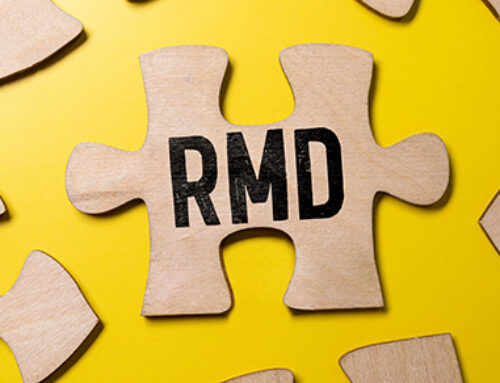COVID-19: IRS announces more relief and details
In the midst of the coronavirus (COVID-19) pandemic, Americans are focusing on their health and financial well-being. To help with the impact facing many people, the government has provided a range of relief. Here are some new announcements made by the IRS.
More deadlines extended
As you probably know, the IRS postponed the due dates for certain federal income tax payments — but not all of them. New guidance now expands on the filing and payment relief for individuals, estates, corporations and others.
Under IRS Notice 2020-23, nearly all tax payments and filings that would otherwise be due between April 1 and July 15, 2020, are now postponed to July 15, 2020. Please note that North Carolina Income Tax normally due April 15, 2020, will still be charged “Interest” if paid late, even though the tax return is not due util July 15th and no “penalties” will be assessed (although state legislators may retroactively change this law later this month). Most importantly, this would include any fiscal year tax returns due between those dates and any estimated tax payments due between those dates, such as the June 15 estimated tax payment deadline for individual taxpayers.
Economic Impact Payments for nonfilers
You have also likely heard about the cash payments the federal government is making to individuals under certain income thresholds. The Coronavirus Aid, Relief, and Economic Security (CARES) Act will provide an eligible individual with a cash payment equal to the sum of: $1,200 ($2,400 for eligible married couples filing jointly) plus $500 for each qualifying child. Eligibility is based on adjusted gross income (AGI).
Who is “Eligible”? Below shows the “Adjusted Gross Income” ranges for which you will get a rebate. If you are under the lower amount for the most recent tax return filed, you’ll get the full rebate. If you are over the higher amount, you will not get any. If you are in between, you’ll get a partial amount.
Single: From $75,000 – $99,000
Joint: From 150,000 – $198,000
Head of Household: From $112,500 – $136,500
Others: From $75,000 – $99,000
And wait…there’s more !! If you have a “qualified child” under 17, then add $10,000 to the highest limits above for each child ! You may get more than you expected, right ?
On its Twitter account, the IRS announced that it deposited the first Economic Impact Payments into taxpayers’ bank accounts on April 11. “We know many people are anxious to get their payments; we’ll continue issuing them as fast as we can,” the tax agency added.
The IRS has announced additional details about these payments:
- “Eligible taxpayers who filed tax returns for 2019 or 2018 will receive the payments automatically,” the IRS stated. Automatic payments will also go out to those people receiving Social Security retirement, survivors or disability benefits and Railroad Retirement benefits.
- There’s a new online tool on the IRS website for people who didn’t file a 2018 or 2019 federal tax return because they didn’t have enough income or otherwise weren’t required to file. These people can provide the IRS with basic information (Social Security number, name, address and dependents) so they can receive their payments. You can access the tool here: https://bit.ly/2JXBOvM
This only describes new details in a couple of the COVID-19 assistance provisions. Members of Congress are discussing another relief package so additional help may be on the way. We’ll keep you updated. Contact us if you have tax or financial questions during this challenging time.
© 2020





Leave A Comment